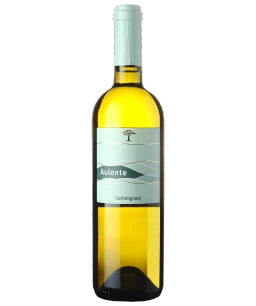San Patrignano
Between Rimini and San Marino, not far from the loud and lively beaches of the Adriatic Sea, lies San Patrignano. This rather unconventional village with between 1600 and 2000 inhabitants was founded in 1978 by Vincenzo Muccioli and like-minded people with the aim of offering young people in need a new future through work and vocational training.
Besides horse breeding, viticulture was one of the first successful activities in this rehabilitation project for people suffering from drug addiction. The renowned Italian œnologist and consultant Riccardo Cotarella most certainly played a decisive role in the success of the wines on the market.
Around 100 hectares on the hills of the town of Coriano are planted with Sangiovese, Merlot, Cabernet Sauvignon and Cabernet Franc, Petit Verdot, Sauvignon Blanc and Chardonnay. The climate under the influence of the nearby sea and the limestone and clay-rich soils offer ideal conditions for wine-growing. Under professional management, the vineyards are lovingly maintained by the young men and women according to organic guidelines.
White wines from San Patrignano
Red wines from San Patrignano
from San Patrignano
The best Sangiovese grapes for the Avi are selected from the oldest plots. This wine is dedicated to the founder Vincenzo (a Vincenzo = Avi) and bears a different label every year, which is designed by an artist. Montepirolo is a wine from a single vineyard of the same name that grows Cabernet Sauvignon, Cabernet Franc and Merlot. Both wines are regularly awarded 3 Bicchieri by Gambero Rosso. Other wines include Noi, a blend of Sangiovese with Cabernet Sauvignon and Merlot, whose name reflects the community (noi = we) of San Patrignano, and Vie (= the ways), a full-bodied Sauvignon Blanc. The Aulente bianco and rosso complete the range.
San Patrignano not only cultivates wine, but also has various workshops, a bakery, a cheese dairy and a large farm. The village largely operates as a self-sufficient business and also generates a considerable proportion of its necessary financial means through the sale of its products. This also includes two restaurants: the unpretentious Sp.accio and the fine dining ristorante with the evocative name Vite (vines, life). Sp.accio features a pizzeria, a lounge bar and a shop where you can buy all the products made in San Patrignano, ranging from textiles, leather goods and even furniture to vegetables, preserves, honey, various meat products and cheese. Vite, at the top of the hill of Montepirolo, with a spacious terrace and a view of the vines, offers sophisticated, imaginative cuisine and a refined service under the direction of Chef Fabio Rossi. Of course, both locations mostly serve locally grown produce.
Throughout the almost 40 years since its foundation, 26,000 young people have spent one to four years in this special place and have been able to participate free of charge in rehabilitation programmes and vocational training in more than 50 professions. Over 70% of them have managed to rekindle their faith in themselves and now lead new, healthy lives out in the world. San Patrignano is an NGO recognised by the UN. We support this impressive work with every bottle of San Patrignano that we enjoy.
www.sanpatrignano.org
www.ristorantevite.it
www.spaccio.sanpatrignano.org/it
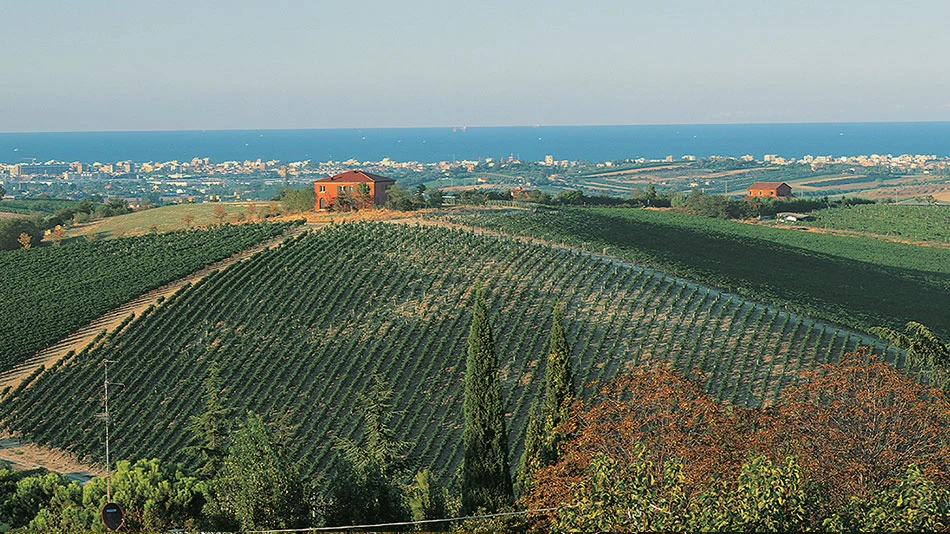
Producer
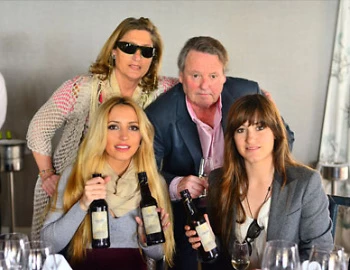
Gutiérrez Colosía
Read more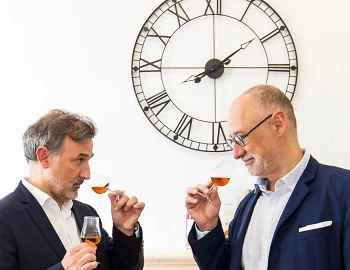
Distillerie Tessendier & Fils
Grape growers, producers of Cognac and innovative spirits
“Time is of the essence for creating high-quality spirits” (Jérôme Tessendier)
The Tessendier & Fils Distillery, established in 1880, is a family-run business based in Cognac and Jarnac, on the banks of the Charente, which produces a diverse portfolio of high-quality Cognacs (see Cognac Park) with a modern twist. The heirs, Jérôme and Lilian Tessendier, have succeeded in modernising the family business in the face of the international dimension of the market: first by creating their own brand of Cognac, then by drawing on their ancestral savoir-faire to refine other types of spirits. This knowledge was forged over time, improved from generation to generation and is now shared by the Tessendier Distillery through three Cognac series (Park, Campagnère, Grand Breuil), each with its own unique character, its own history.
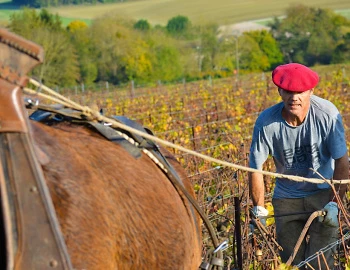
Champagne Augustin
When the paths of Emmanuelle and Marc crossed, two champagne houses that had existed for four and five generations respectively came together. It was a union that gave birth to a shared passion: Champagne Augustin.

